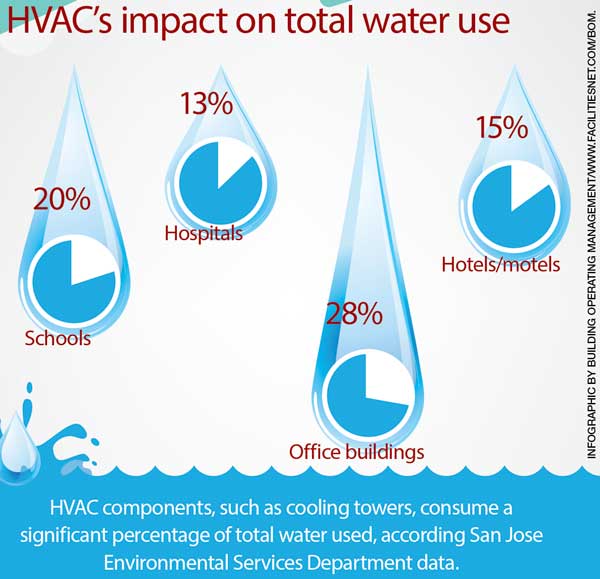Find Out How To Properly Protect Your Heat Pump From The Effects Of Negative Climate
Find Out How To Properly Protect Your Heat Pump From The Effects Of Negative Climate
Blog Article
Article Developed By-Osborne Dominguez
When it comes to your heatpump, the weather can be a silent influencer, forming its efficiency in ways you could not have taken into consideration. From freezing temperatures to scorching warmth, each element has a distinct impact on exactly how efficiently your heatpump operates. However fret not, there are steps you can take to ensure your system is performing at its best regardless of the weather conditions. So, what can you do to adjust and optimize your heatpump's efficiency? Allow's explore the refined dance in between climate and your heat pump's performance.
Impact of Weather on Heat Pump Performance
When it comes to the performance of your heatpump, weather condition plays a crucial function. The performance of your heatpump can be considerably impacted by different weather conditions.
As an example, throughout cooler months, when temperature levels drop below freezing, your heatpump needs to function more challenging to draw out warmth from the outside air. This can cause reduced efficiency and increased power intake.
In a similar way, in extremely heat, your heat pump might struggle to effectively cool your home, once more impacting its effectiveness.
In addition to temperature, humidity levels can also affect how well your heatpump operates. High moisture can make it harder for your heatpump to eliminate dampness from the air, lowering its general efficiency. On air-conditioning installation , reduced humidity degrees can trigger your heatpump to work more difficult to keep a comfy temperature inside your home.
Comprehending just how weather impacts your heat pump's efficiency can aid you make informed decisions about its maintenance and operation. By recognizing these aspects, you can take steps to enhance your heat pump's performance and guarantee it runs at its best despite the weather conditions.
Tips to Enhance Heat Pump Performance
To boost your heatpump's effectiveness and performance, carrying out a few key approaches can make a substantial distinction.
First, guarantee appropriate airflow by consistently cleaning up or changing air filters. Stopped up filters limit air movement, requiring the system to function more challenging.
Second of all, schedule annual specialist maintenance to keep your heatpump running efficiently. Specialists can determine and fix any type of issues prior to they rise, boosting general performance.
Furthermore, consider installing a programmable thermostat to manage your home's temperature efficiently. This enables you to change setups based upon your routine, stopping unneeded energy consumption.
Additionally, seal any kind of gaps or leaks in your home's ductwork to avoid warmth loss and make sure optimal airflow.
Last but not least, keep the area around your heatpump free from debris and plant life to maintain unlimited air flow.
Weather Considerations for Heat Pump Maintenance
Considering the impact of weather on your heat pump's performance is vital for reliable upkeep. Extreme temperatures can strain your heat pump, bring about damage on its parts.
During hot weather, guarantee proper air movement around the outside unit by removing debris and plants. In chillier temperatures, regularly thaw the unit to avoid ice accumulation. Hefty rainfall and tornados can cause flooding, so boost the system when possible or set up a safety cover. Furthermore, strong winds can flex fins and influence the heatpump's performance, so evaluate and align them as required.
Consistently check for any debris embeded the unit and remove it promptly. Conduct upkeep checks after serious weather condition occasions to assess any type of damages and make sure every little thing is operating correctly. By staying cautious and addressing weather-related issues without delay, you can lengthen the life of your heat pump and maintain its performance.
Final thought
To conclude, understanding just how climate influences your heatpump efficiency is vital to optimizing its effectiveness. By complying with recommended site like routine maintenance, filter cleansing, and proper air flow, you can guarantee your heat pump operates at its finest in any weather condition. Don't let the elements prevent your system's performance - take control and keep your home comfortable year-round.
